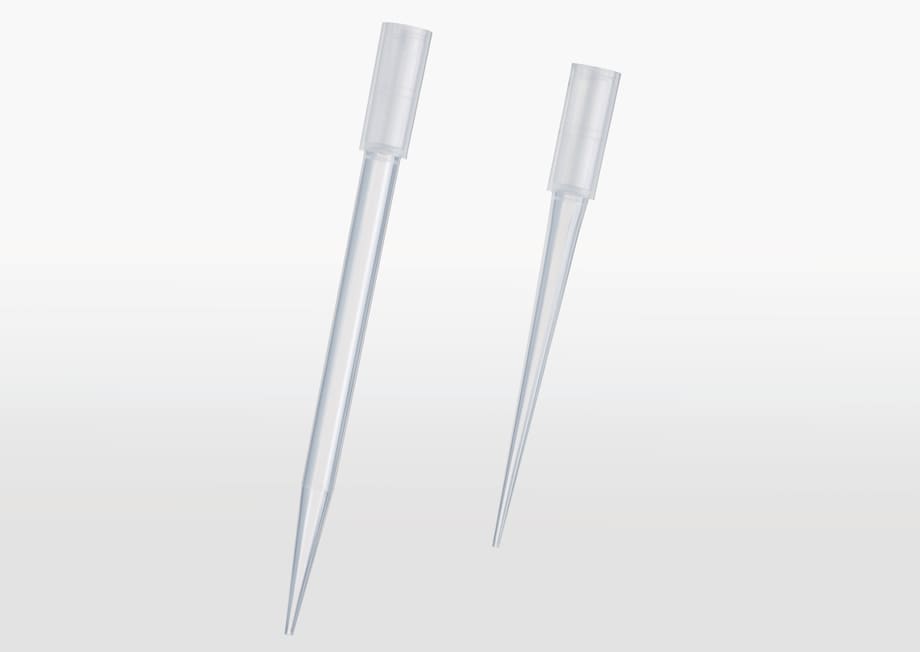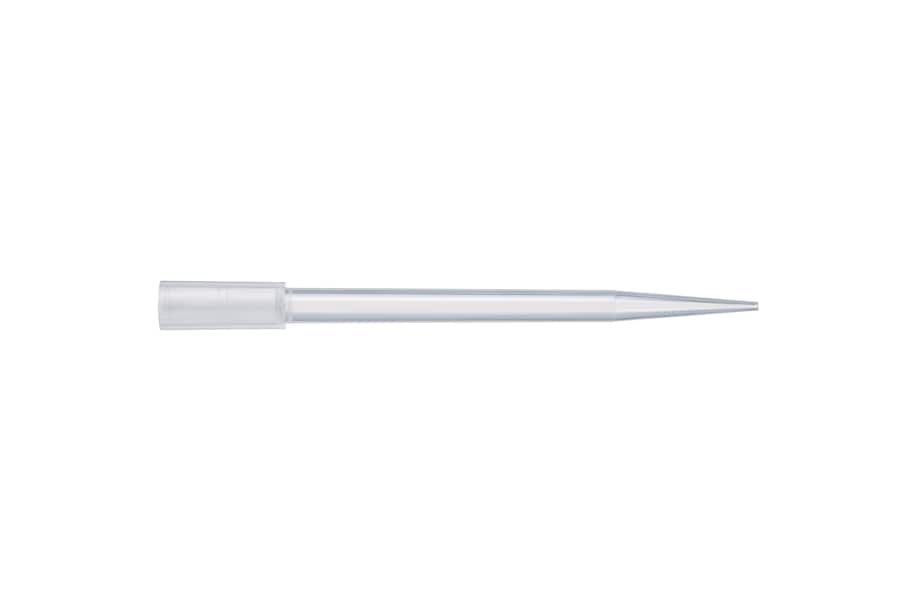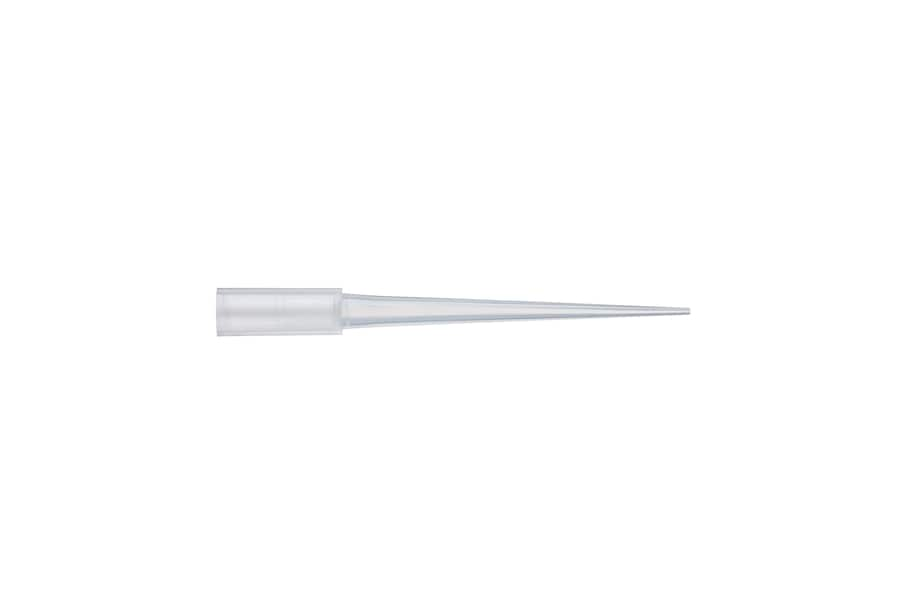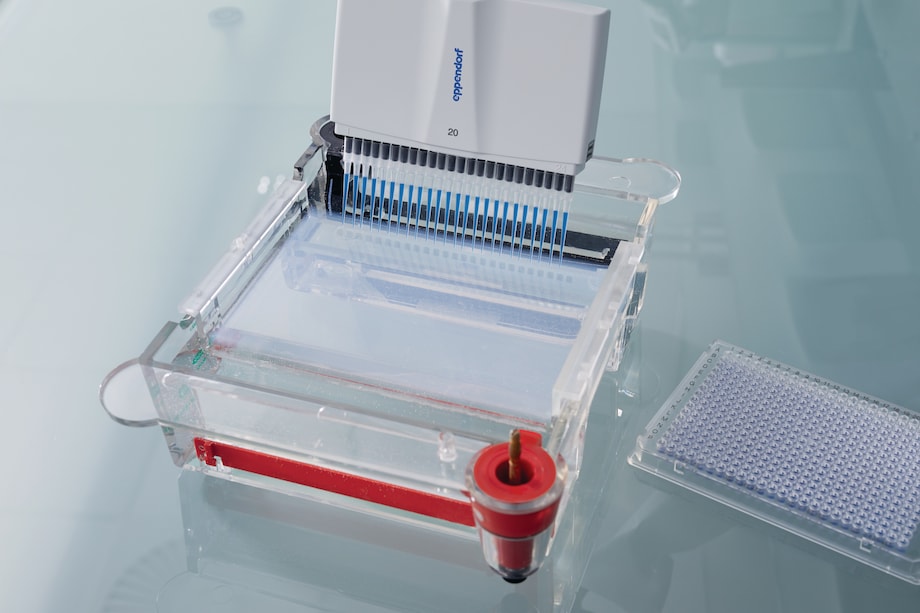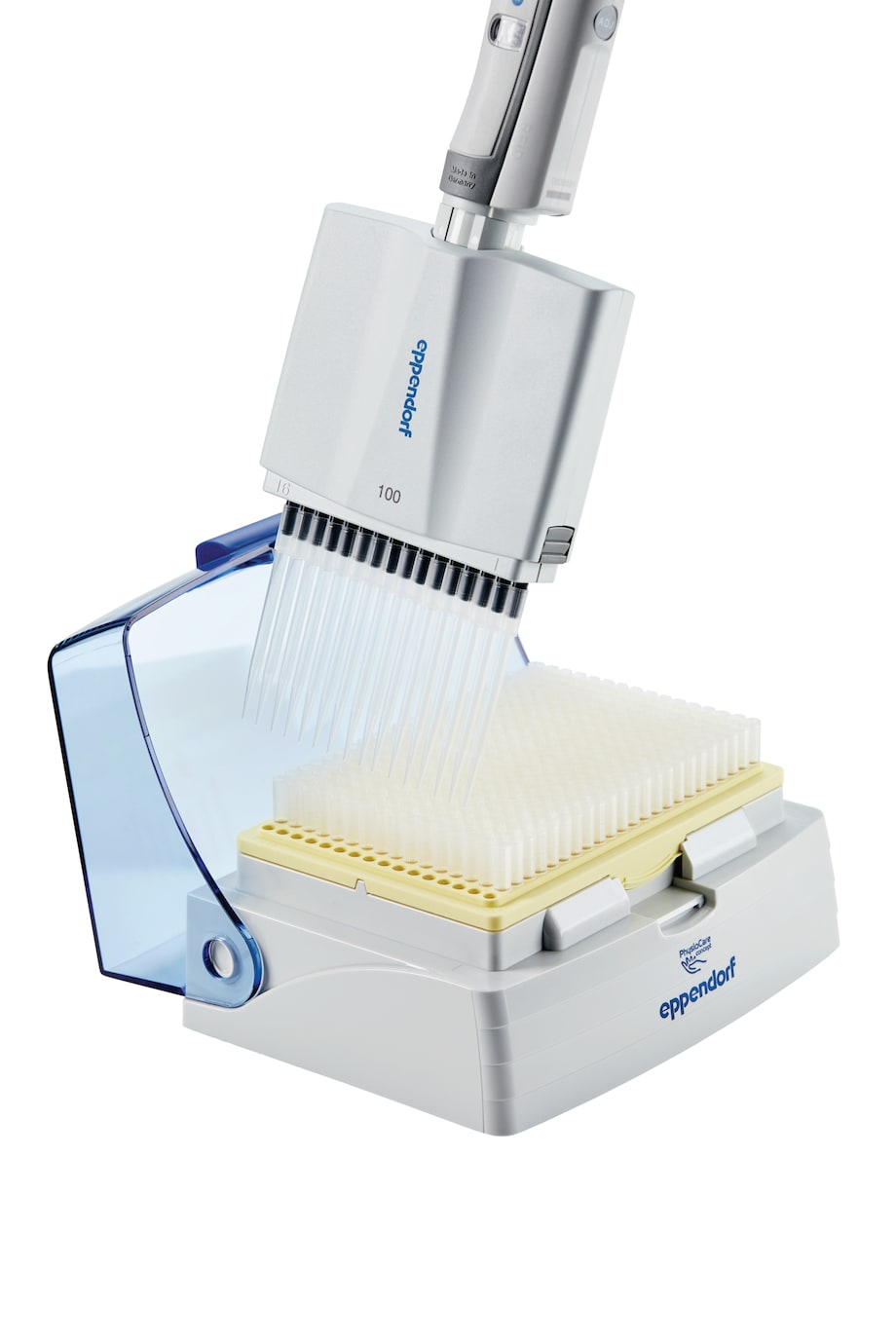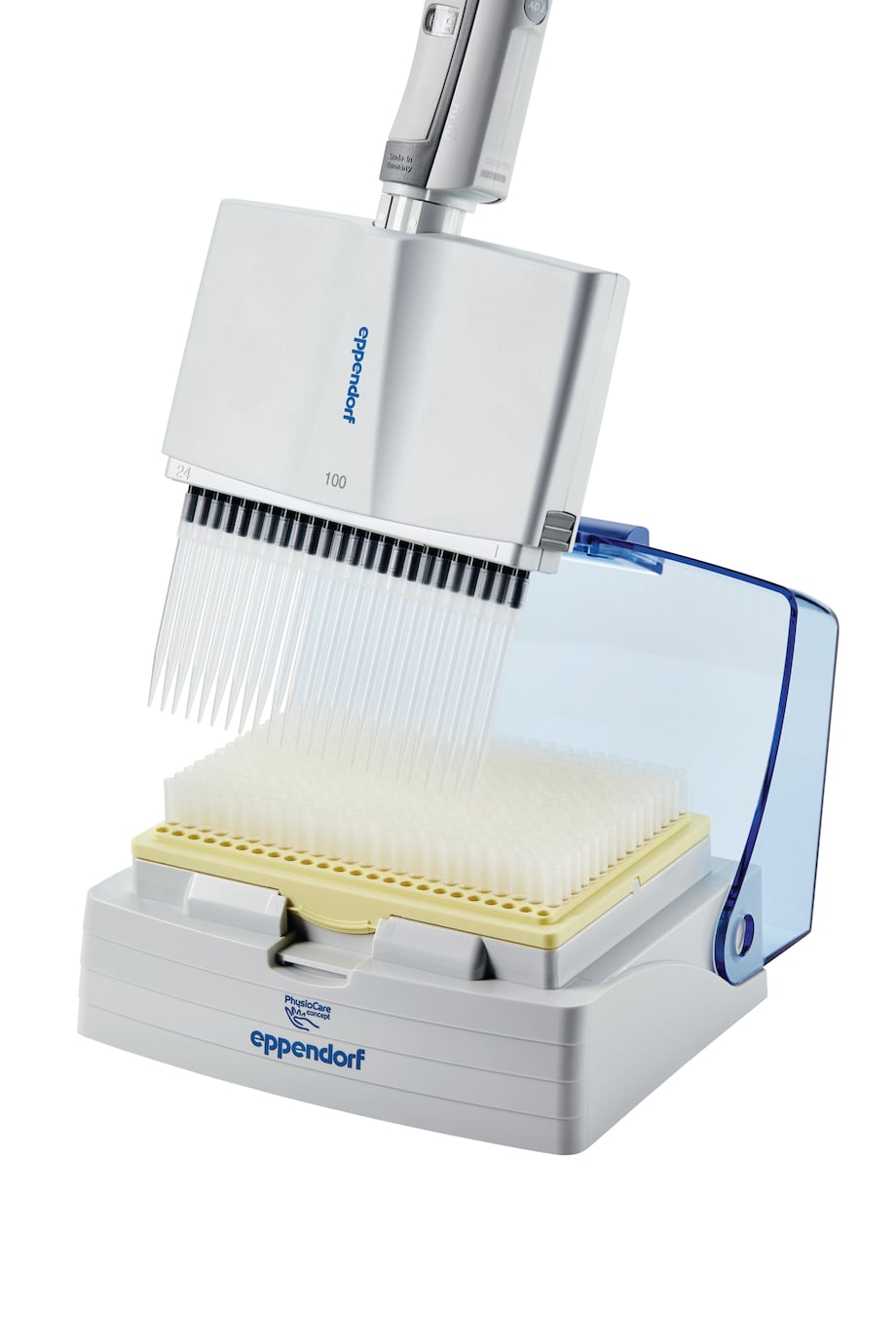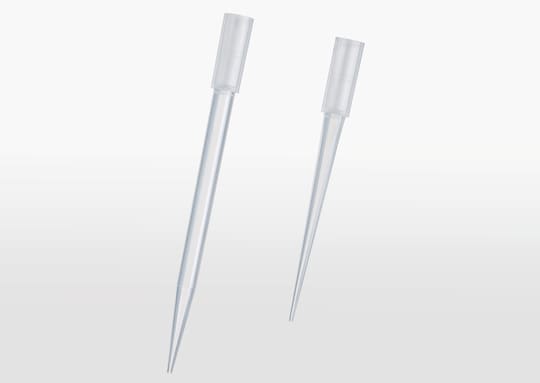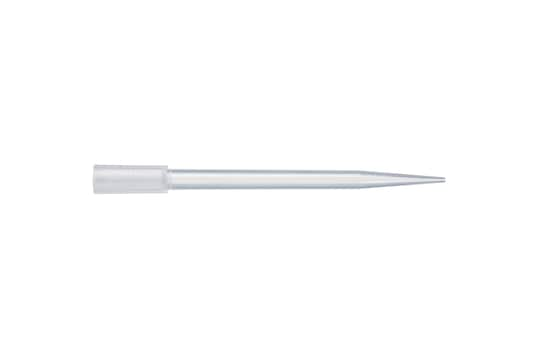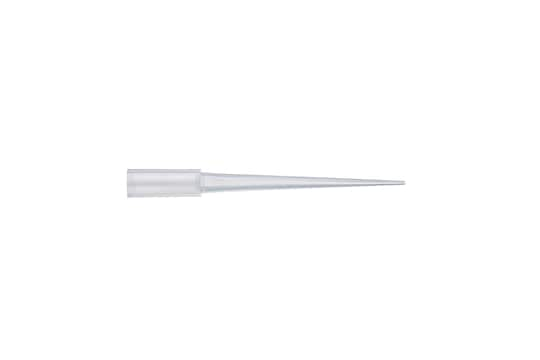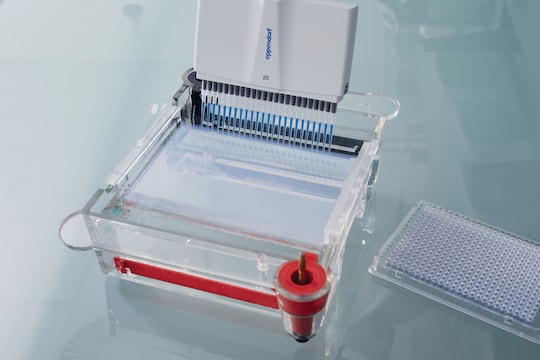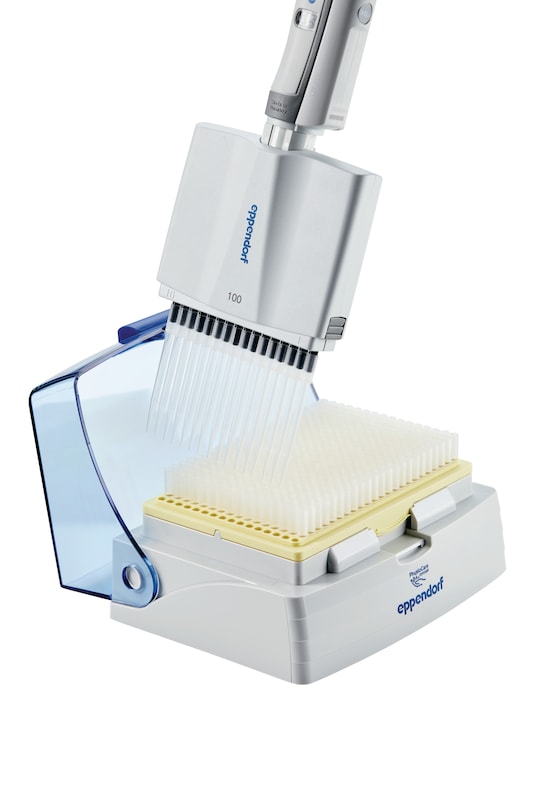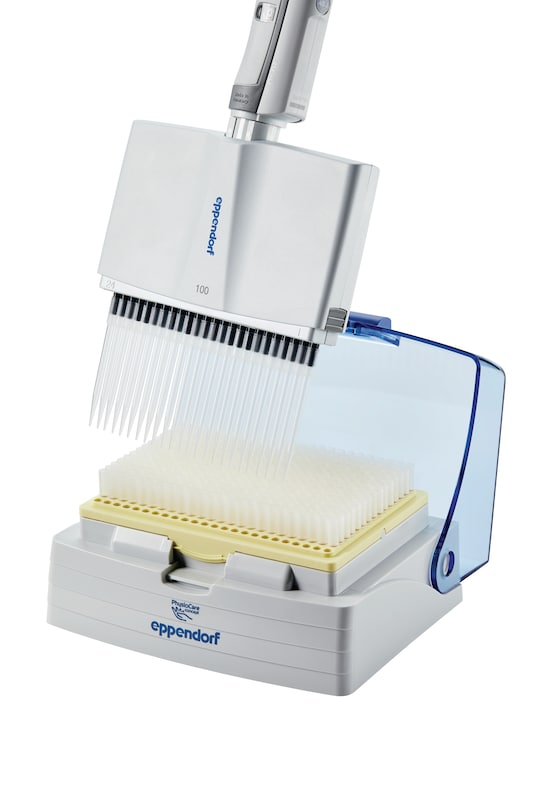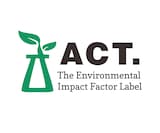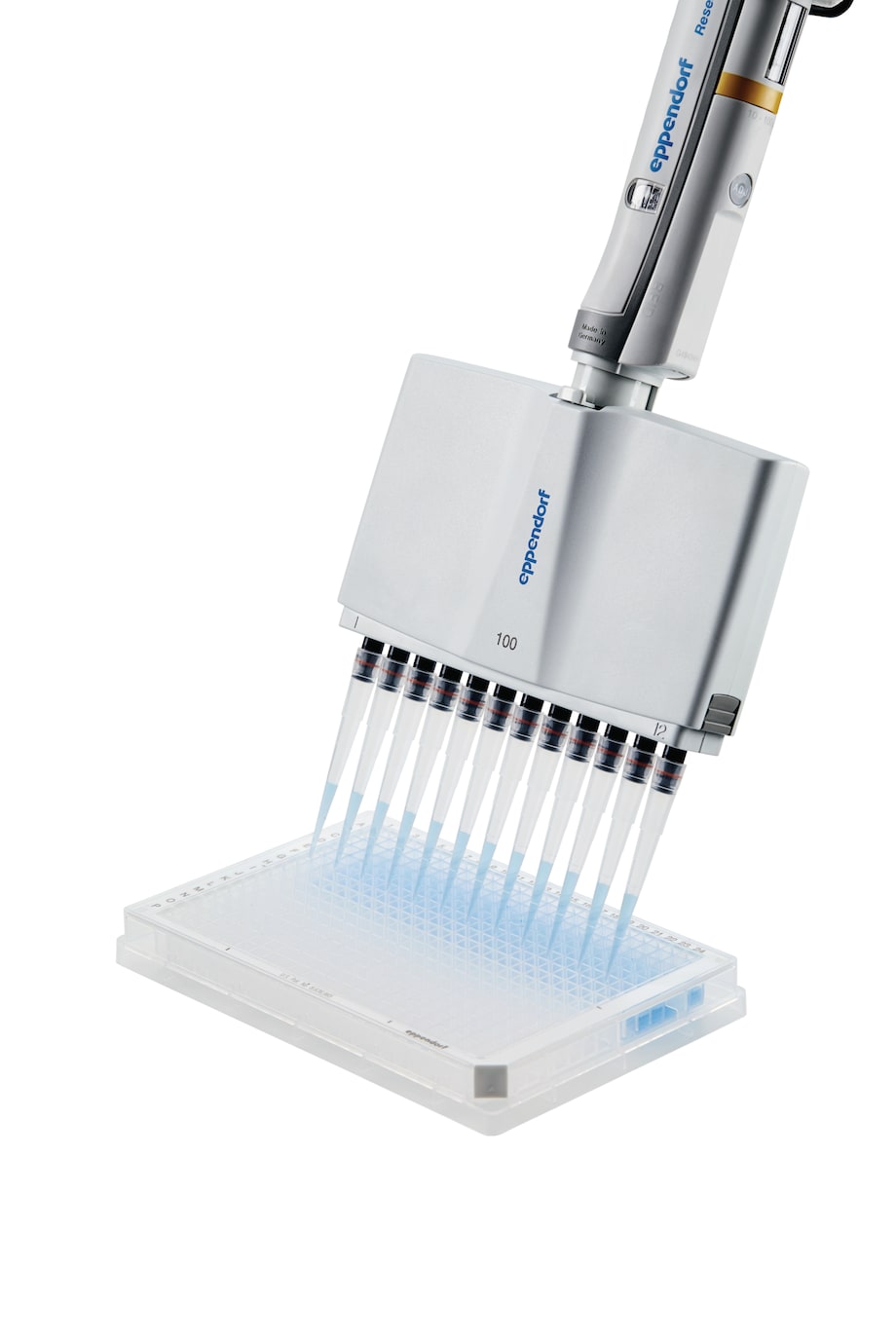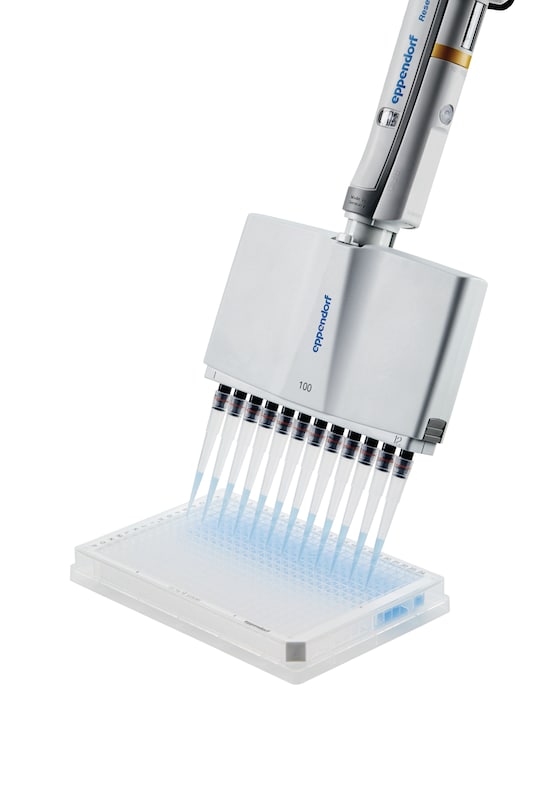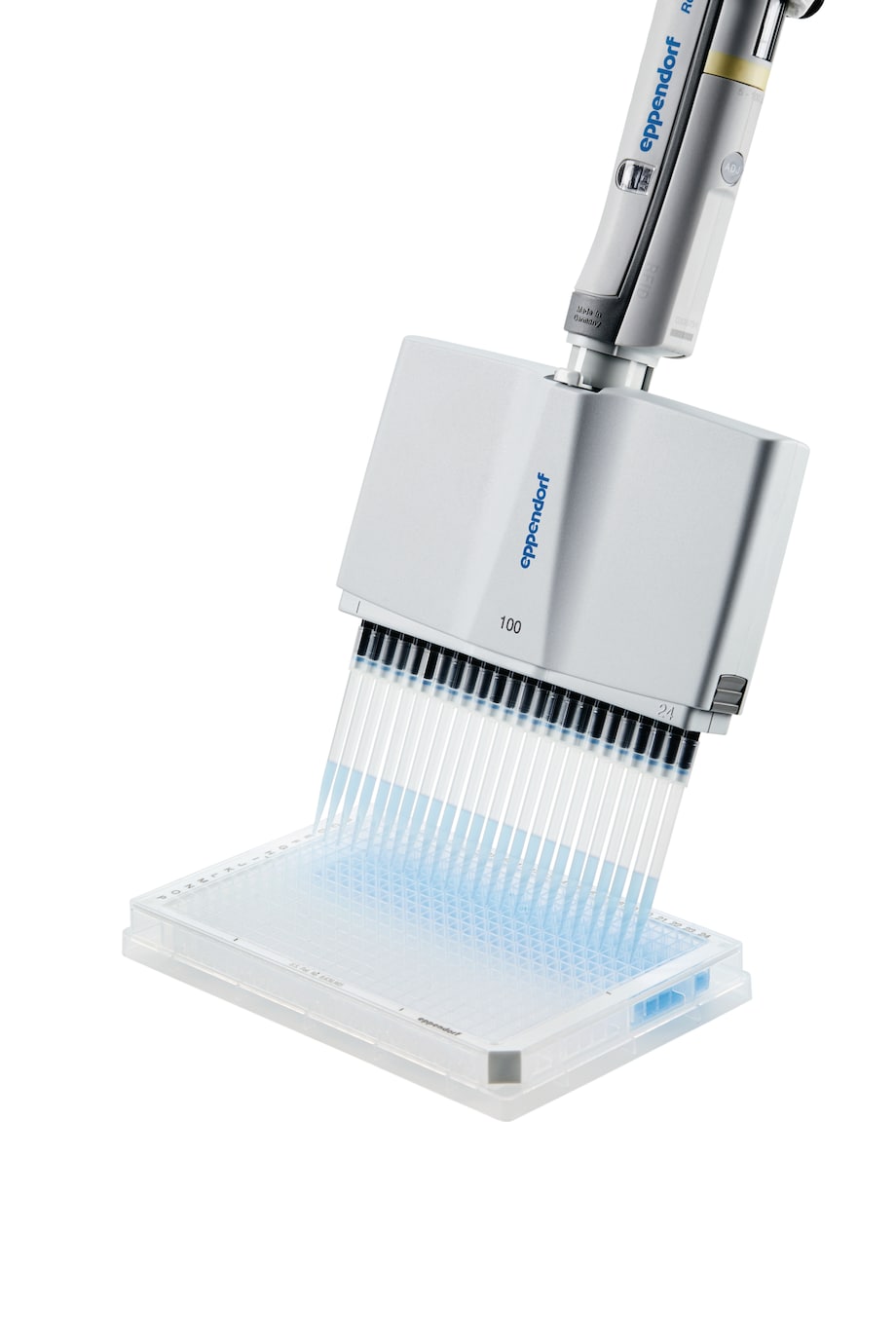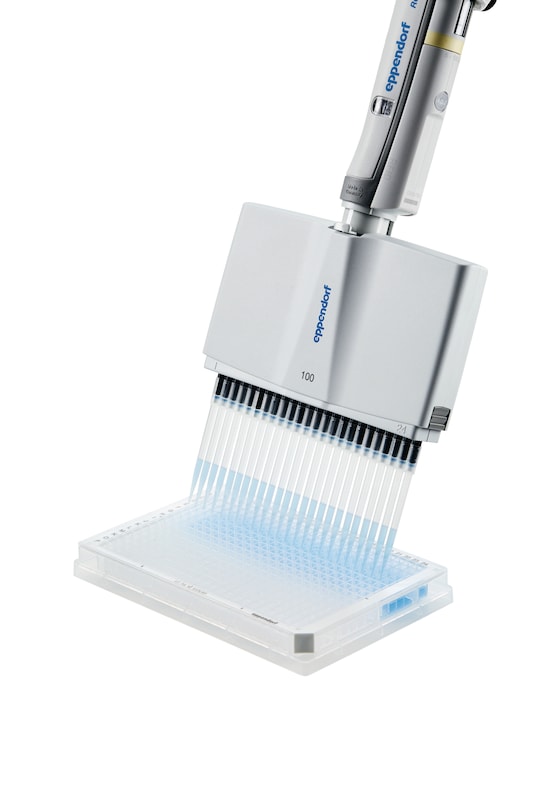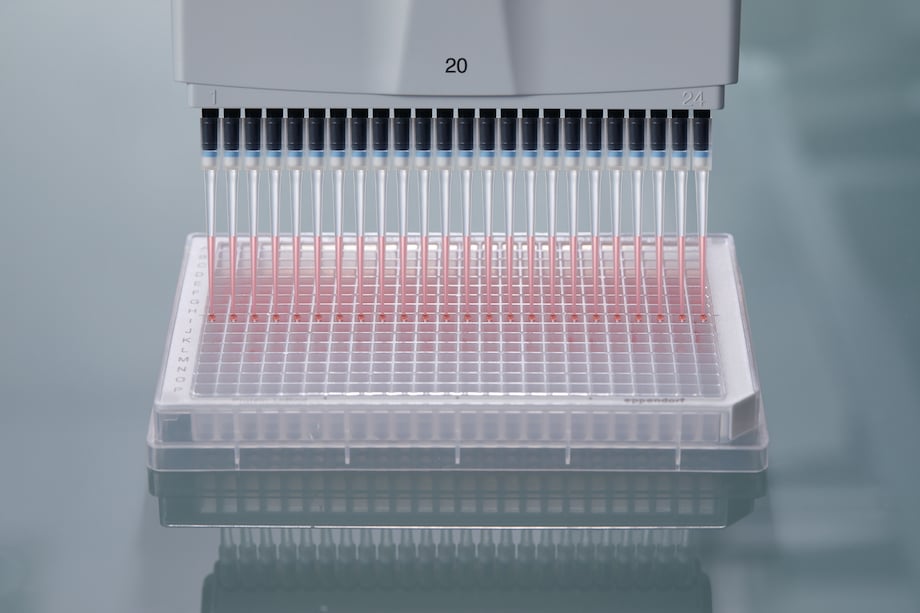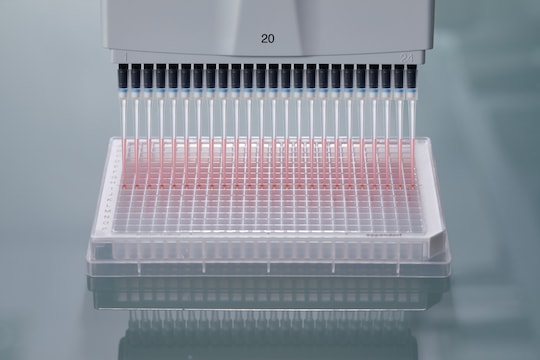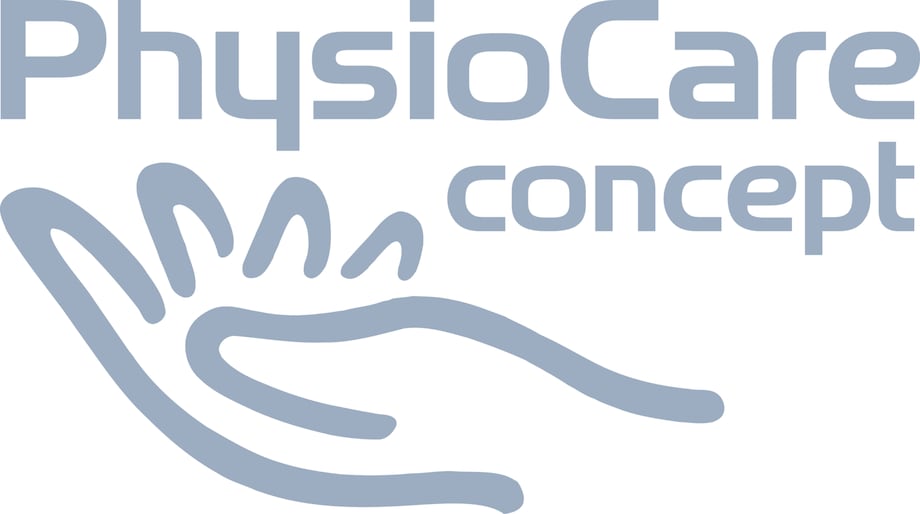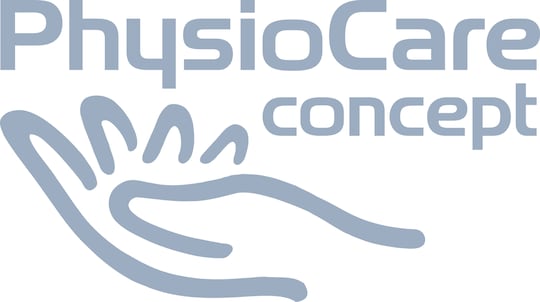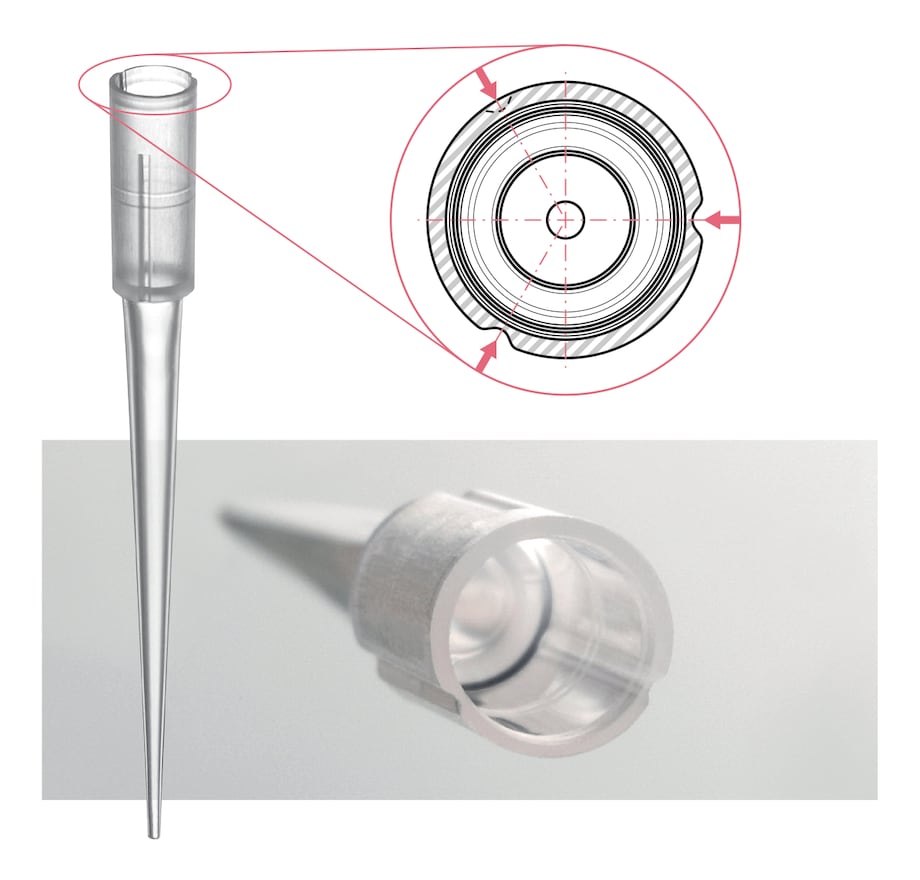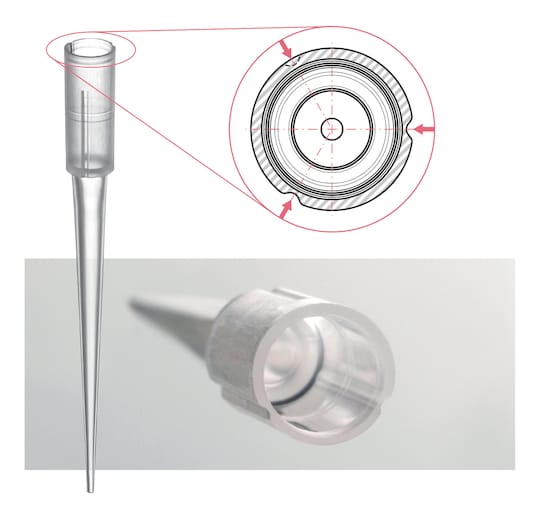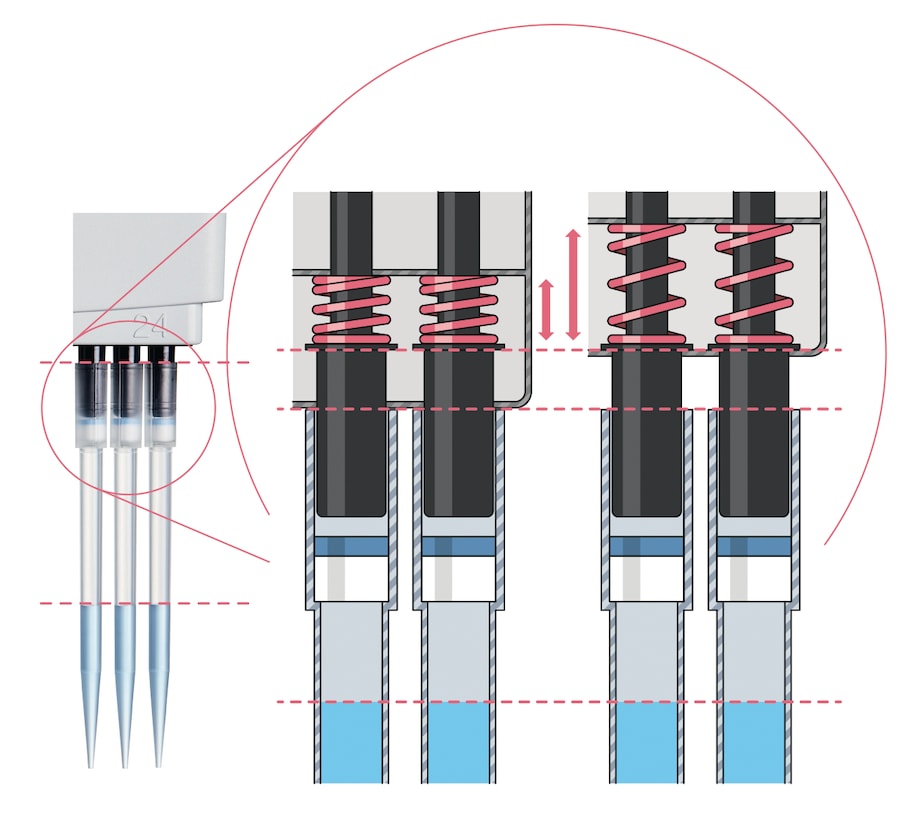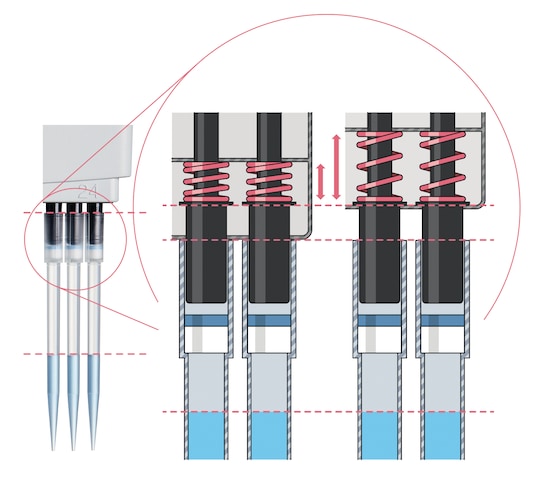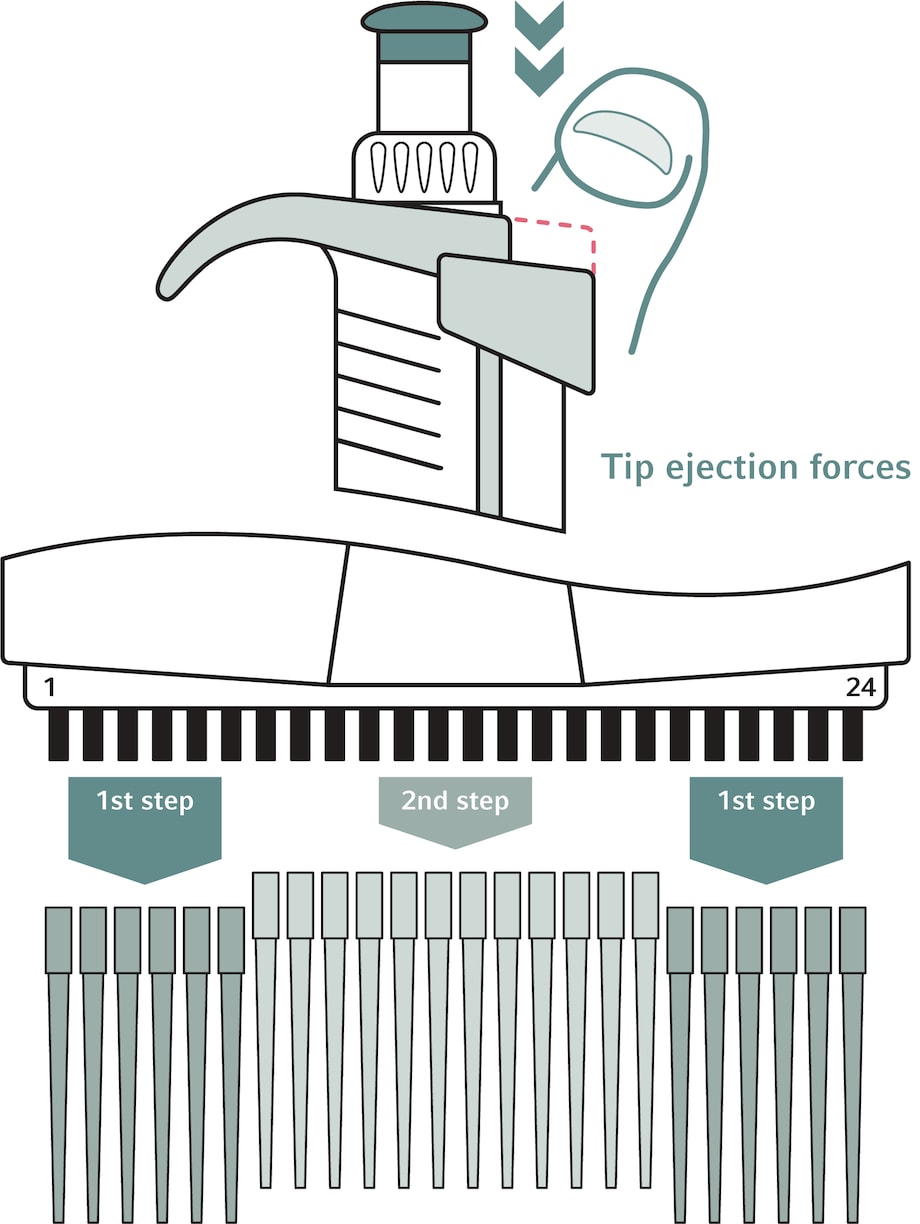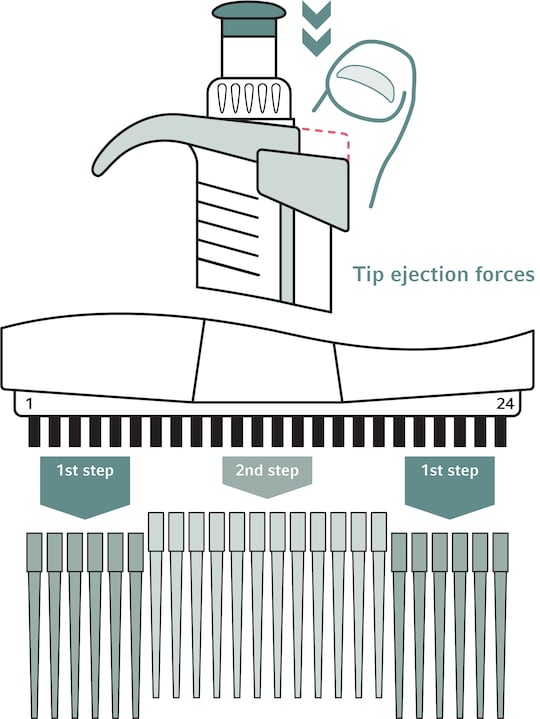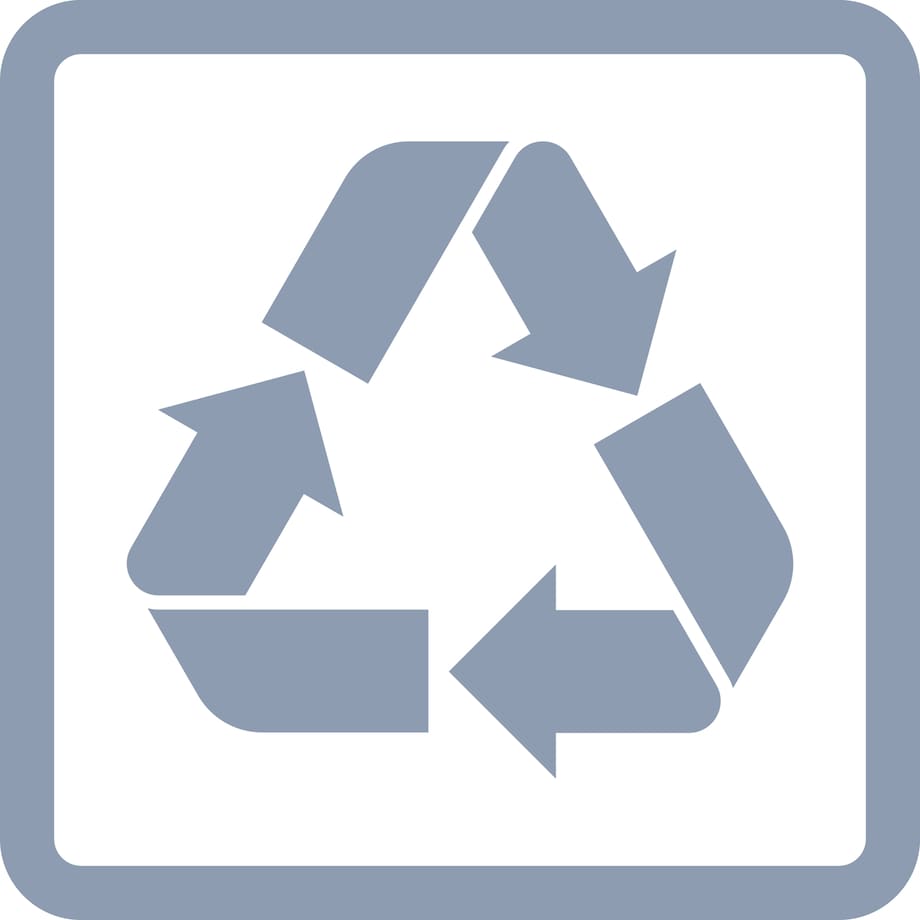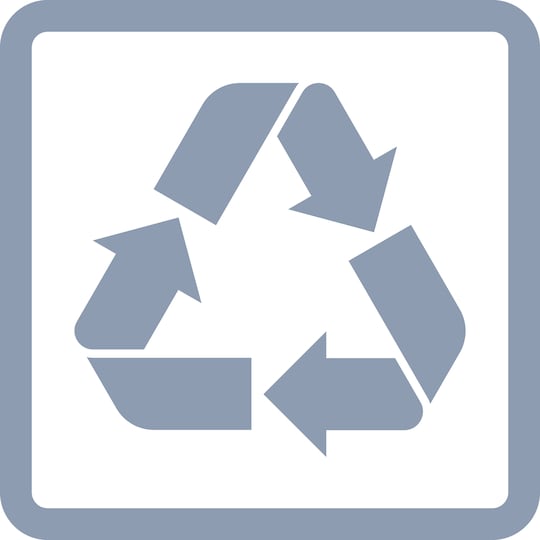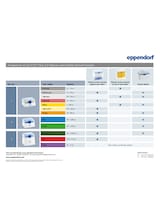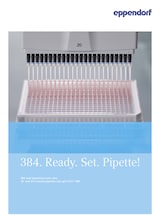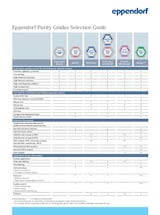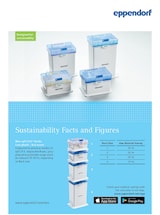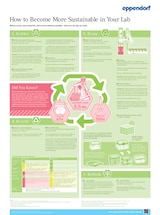epT.I.P.S. 384 pipette tips with innovative SoftAttach® technology for 16- and 24- channel as well as adjustable tip spacing pipettes
epT.I.P.S. 384 from Eppendorf are the first micropipette tips with elastic forming grooves that allow the tips to stretch as much as necessary to enable a perfect seal, while also keeping operating forces to a minimum. These tips were designed to be used with Eppendorf 16- and 24-channel pipettes as well as 20 µL and 100 µL Move It® adjustable tip spacing pipettes in any application involving 384-well plates. Use this perfectly optimized pipette and tip system to benefit from outstanding tip fit and tightness combined with reduced tip attachment and ejection forces. Offering an extremely fine tip shape and the ultimate coaxiality for a perfect tip alignment, it couldn’t be easier to perfectly hit all 384 wells!
Key product features
epT.I.P.S. 384 pipette tips for 384-well plates are the latest addition to the premium epT.I.P.S. pipette tip family from Eppendorf. Both are optimized for Eppendorf pipettes and meet EN ISO 8655 requirements. Optimal wetting properties, high transparency and special, certified purity grades are the visible expression of our product and production philosophy.

